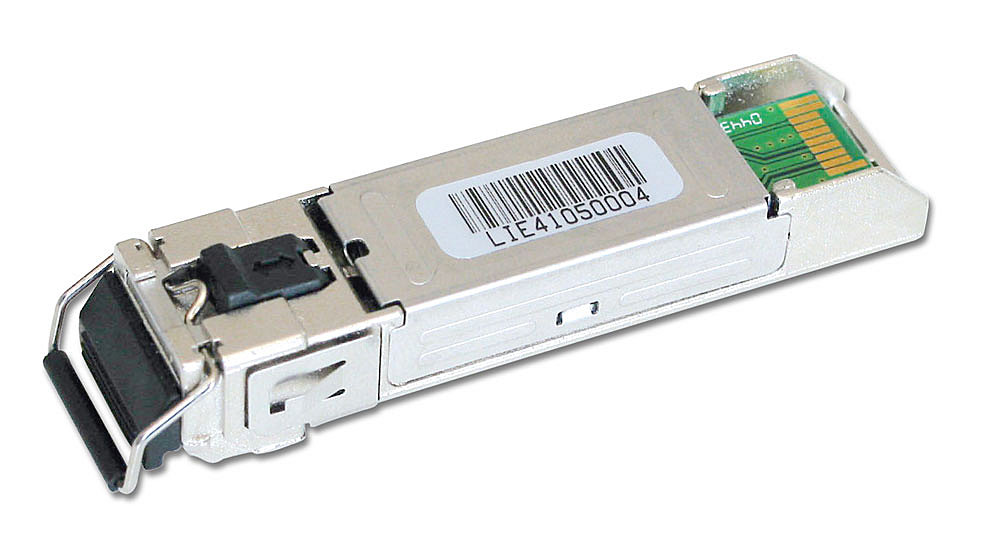Data breaches have become a common occurrence in recent years, with organizations of all sizes falling victim to these cyberattacks. One such business that experienced the dire consequences of a data breach was the Real Estate Wealth Network (REWN).
In December 2023, the REWN data breach resulted in the exposure of more than 1.5 billion records, including sensitive information about property owners and real estate ownership. This incident highlighted the importance of a robust cybersecurity framework and highlighted the need to protect both cloud-based and physical assets. The implications of the REWN data breach for data security run deep.
The Growing Threat of Cybersecurity Breaches
The REWN data breach was not an isolated incident and was just another example of the ever-growing threat of cybersecurity breaches. It is a matter of significant concern for businesses worldwide because of the amount of sensitive data that companies store. Breaches can result in massive financial losses, legal repercussions, and can severely damage reputation and trust.
As technology advances, the number of cyberattacks will likely increase, highlighting the need for robust cybersecurity measures. Businesses must take proactive steps to constantly safeguard their data, networks, and infrastructure from potential cyber threats.
Safeguarding Physical Assets
Many businesses focus on securing their cloud-based assets while overlooking the need to protect physical assets. The REWN data breach was a stark reminder of the importance of securing physical devices and equipment. Companies must implement robust physical security measures, including the use of smart lock systems, security cameras, and access control, to prevent unauthorized access. Smart Keeper port locks and network locks, for instance, can be an effective way to protect physical assets as they lock open data ports and prevent external devices from connecting to a system. This added layer of protection can reduce the risk of unauthorized access and data breaches.
Safeguarding Cloud-Based Assets
Data breaches can occur at any point in the data lifecycle, from input to transmission and storage. Many organizations use cloud storage to manage massive amounts of data, but their cloud systems are not always secure. Businesses must employ robust cybersecurity measures to secure their cloud-based assets. Cloud service providers must ensure that data is encrypted in transit and at rest. Additionally, companies can use access controls to limit who can access files, provide regular security updates to detect vulnerabilities and monitor and log cloud activity.
The Cost of Data Breaches
Data breaches are costly, and organizations often face significant financial implications as a result of a breach. These costs include investigation and recovery, legal fees, compensation, and loss of revenue. The impact of a data breach can also lead to a loss of stakeholder trust, damage reputations, and ultimately harm a business’s bottom line. As a result, preventive measures are essential to minimize the risk of data breaches and minimize the cost of a potential data breach.
According to the most recent report from IBM Security and Ponemon Institute, the average cost of a data breach in the United States has reached a record high. In 2021, the average total cost of a data breach was $8.64 million, an increase from the previous year. This figure is significantly higher than the global average, emphasizing the substantial financial impact data breaches have on U.S.-based organizations. This data underscores the immense importance of investing in comprehensive cybersecurity measures to protect against potential data breaches.
Robust Cybersecurity Measures
The need to implement strong cybersecurity measures cannot be emphasized enough. Businesses must invest in robust cybersecurity infrastructures, including firewalls, data encryption, intrusion detection systems, and regular security updates. Educating employees on good cybersecurity practices, such as creating strong passwords, is essential in ensuring organization-wide safety and security. Ensuring regular security assessments and testing can also identify and address vulnerabilities before they can be exploited.
Data breaches such as the REWN data breach are a constant reminder of the importance of cybersecurity in modern business operations. Robust physical and cloud-based asset security measures are essential in ensuring that information remains secure. Smart Keeper port locks and network locks are an excellent example of an additional layer of protection that can limit the risk of unauthorized access. Businesses must prioritize cybersecurity and invest in preventive measures, while regularly reviewing and upgrading their cybersecurity infrastructures to stay ahead of the ever-growing cyber threat landscape.





